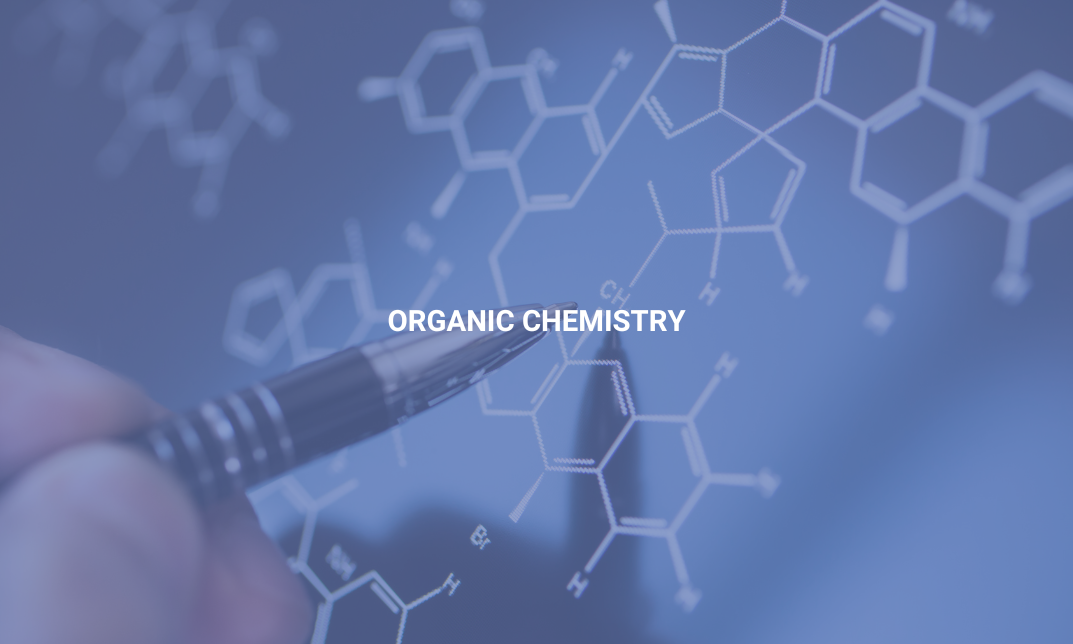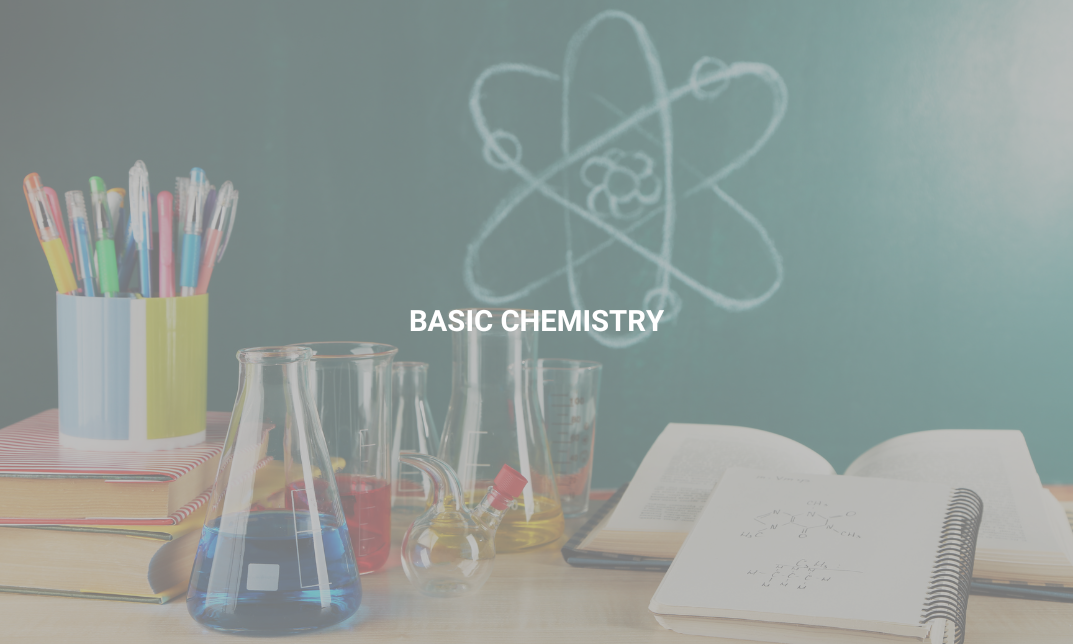| Unit 01: ABOUT THE COURSE |
|
Learning objectives |
|
00:10:00 |
|
Example of a solved problem |
|
00:06:00 |
| Unit 02: Quantities And Units |
|
System of measurement |
|
00:02:00 |
|
International system of units |
|
00:05:00 |
|
Temperature units and scales |
|
00:04:00 |
|
Use and misuse of units |
|
00:03:00 |
|
Dimensional analysis |
|
00:03:00 |
|
Quantities and units: Solved problems |
|
00:10:00 |
| Unit 03: Atomic, Molecular And Molar Masses |
|
Atoms |
|
00:02:00 |
|
Nuclei |
|
00:04:00 |
|
Periodic table |
|
00:08:00 |
|
Relative atomic masses |
|
00:04:00 |
|
Moles |
|
00:05:00 |
|
Symbols, formulas and molar masses |
|
00:04:00 |
|
Atomic, molecular and molar masses – Problems with solutions |
|
00:16:00 |
| Unit 04: Formulas And Compositions |
|
Empirical formula from composition |
|
00:04:00 |
|
Composition from formula |
|
00:04:00 |
|
Nuclidic molecular masses and chemical formulas |
|
00:05:00 |
|
Formulas and compositions: Solved problems |
|
00:24:00 |
| Unit 05: Inorganic Nomenclature |
|
Introduction to nomenclature |
|
00:03:00 |
|
Naming binary compounds of nonmetals |
|
00:05:00 |
|
Naming ionic compounds |
|
00:01:00 |
|
Naming monoatomic cations |
|
00:06:00 |
|
Naming polyatomic cations |
|
00:03:00 |
|
Naming monoatomic anions |
|
00:02:00 |
|
Naming oxyanions |
|
00:04:00 |
|
Naming special anions |
|
00:01:00 |
|
Putting the names of the ions together |
|
00:02:00 |
|
Writing formulas for ionic compounds |
|
00:08:00 |
|
Naming inorganic acids |
|
00:06:00 |
|
Naming acid salts |
|
00:04:00 |
|
Naming hydrates |
|
00:02:00 |
| Unit 06: Chemical Equations |
|
Introduction to chemical equations |
|
00:02:00 |
|
Molecular relations from equations |
|
00:05:00 |
|
Mass relations from equations |
|
00:06:00 |
|
Limiting reactant |
|
00:01:00 |
|
Calculations from chemical equations: Solved problems |
|
00:24:00 |
|
Types of chemical reactions |
|
00:04:00 |
| Unit 07: Measurement Of Gases |
|
Pressure |
|
00:06:00 |
|
Gas laws |
|
00:01:00 |
|
Boyle’s law: Constant temperature |
|
00:01:00 |
|
Charles’ law: Constant pressure |
|
00:01:00 |
|
Gay-Lussac’s law: Constant volume |
|
00:01:00 |
|
Combined gas law |
|
00:01:00 |
|
Density of an ideal gas |
|
00:03:00 |
|
Dalton’s law for partial pressures |
|
00:01:00 |
|
Collecting a gas over a liquid |
|
00:02:00 |
|
Deviation from ideal beahvior |
|
00:01:00 |
|
Measurement of gases: Solved problems |
|
00:13:00 |
| Unit 08: The Ideal Gas Law |
|
Avogadro’s hypothesis |
|
00:03:00 |
|
Molar volume |
|
00:01:00 |
|
Ideal gas law |
|
00:05:00 |
|
Gas volume relations from equations |
|
00:04:00 |
|
Gas stoichiometry involving mass |
|
00:05:00 |
|
The ideal gas law: Solved problems |
|
00:13:00 |
| Unit 09: Thermochemistry |
|
Heat |
|
00:04:00 |
|
Energy and enthalpy |
|
00:05:00 |
|
Enthalpy changes for various processes |
|
00:12:00 |
|
Rules of thermochemistry |
|
00:09:00 |
|
Thermochemistry – Problems with solutions |
|
00:21:00 |
| Unit 10: Atomic Structure |
|
Characters of light |
|
00:05:00 |
|
Interaction of light with matter |
|
00:08:00 |
|
Particles and waves |
|
00:03:00 |
|
Orbitals |
|
00:17:00 |
|
The Pauli exclusion principle |
|
00:01:00 |
|
Aufbau principle |
|
00:03:00 |
|
Electron configuration |
|
00:11:00 |
|
Atomic radii |
|
00:04:00 |
|
Ionization energies |
|
00:03:00 |
|
Electron affinity and magnetic properties |
|
00:05:00 |
|
Atomic structure – Problems with solutions |
|
00:16:00 |
| Unit 11: Chemical Bonding And Molecular Structure |
|
Introduction to chemical bonding |
|
00:02:00 |
|
Octet rule |
|
00:03:00 |
|
Ionic bonding |
|
00:09:00 |
|
Electron dot notation |
|
00:05:00 |
|
Covalent bonding |
|
00:17:00 |
|
Distinction between ionic and covalent bonding |
|
00:03:00 |
|
Predicting the nature of bonding in compounds |
|
00:05:00 |
|
Formal charges |
|
00:08:00 |
|
Dipole moment and electronegativity |
|
00:04:00 |
|
Hybrid orbitals |
|
00:10:00 |
| Unit 12: Solids And Liquids |
|
Crystals |
|
00:08:00 |
|
Close packing |
|
00:04:00 |
|
Crystal forces |
|
00:06:00 |
|
Liquid forces |
|
00:03:00 |
|
Solids and liquids: Solved problems |
|
00:22:00 |
| Unit 13: Oxidation - Reduction |
|
Introduction to redox reactions |
|
00:04:00 |
|
Oxidation number |
|
00:09:00 |
|
Oxidizing and reducing agents |
|
00:05:00 |
|
Ionic notation for equations |
|
00:04:00 |
|
Balancing oxidation-reduction equations |
|
00:11:00 |
|
Oxidation-reduction: Solved problems |
|
00:14:00 |
| Unit 14: Concentration Of Solutions |
|
Composition of solutions |
|
00:01:00 |
|
Concentrations |
|
00:22:00 |
|
Molarity |
|
00:02:00 |
|
Normality |
|
00:05:00 |
|
Molality |
|
00:01:00 |
|
Mole fraction |
|
00:01:00 |
|
Comparison and summary of the concentration units |
|
00:04:00 |
|
Dilution problems |
|
00:01:00 |
|
Concentration of solutions: Solved problems |
|
00:14:00 |
| Unit 15: Reaction Involving Standard Solutions |
|
Reactions involving standard solutions |
|
00:04:00 |
|
Reaction involving standard solutions: Solved problems |
|
00:13:00 |
| Unit 16: Properties Of Solutions |
|
Introduction to chemical solutions |
|
00:02:00 |
|
Vapor pressure lowering |
|
00:04:00 |
|
Freezing point lowering |
|
00:05:00 |
|
Boiling point lowering |
|
00:03:00 |
|
Osmotic pressure |
|
00:03:00 |
|
Solution of gases in liquids |
|
00:02:00 |
|
Law of distribution |
|
00:01:00 |
|
Properties of solutions: Solved problems |
|
00:13:00 |
| Unit 17: Thermodynamics |
|
The first law |
|
00:02:00 |
|
The second law |
|
00:06:00 |
|
Entropy |
|
00:04:00 |
|
The third law |
|
00:01:00 |
|
Standard states |
|
00:06:00 |
|
Chemical equilibrium |
|
00:03:00 |
|
The equilibrium constant |
|
00:10:00 |
|
Le Chatelier’s principle |
|
00:14:00 |
|
Thermodynamics – Problems with solutions |
|
00:18:00 |
| Unit 18: Acids And Bases |
|
Arrhenius concept |
|
00:03:00 |
|
Brönsted-Lowry concept |
|
00:08:00 |
|
Lewis concept |
|
00:02:00 |
|
Ionization of water |
|
00:07:00 |
|
Hydrolysis |
|
00:06:00 |
|
Buffer solutions |
|
00:06:00 |
|
Indicators |
|
00:03:00 |
|
Polytropic acids |
|
00:05:00 |
|
Titration |
|
00:08:00 |
|
Acids and bases – Problems with solutions |
|
00:21:00 |
| Unit 19: Complex Ions And Precipitates |
|
Coordination complexes |
|
00:08:00 |
|
Solubility product |
|
00:02:00 |
|
Precipitation |
|
00:05:00 |
|
Complex ions and precipitates: Solved problems |
|
00:06:00 |
| Unit 20: Electrochemistry |
|
Electrical units |
|
00:03:00 |
|
Faraday’s laws |
|
00:04:00 |
|
Voltaic cells |
|
00:06:00 |
|
Standard half-cell potential |
|
00:07:00 |
|
Combining couples |
|
00:04:00 |
|
Free energy and Nernst equation |
|
00:08:00 |
|
Electrolysis |
|
00:06:00 |
|
Electrochemistry: Solved problems |
|
00:16:00 |
| Unit 21: Rates Of Reactions |
|
Introduction to rates of reactions |
|
00:01:00 |
|
Rate constants and order of reactions |
|
00:11:00 |
|
First order reactions |
|
00:02:00 |
|
Other rate laws |
|
00:01:00 |
|
Energy of activation |
|
00:01:00 |
|
Mechanism of reaction: Molecularity |
|
00:05:00 |
|
Mechanism of reaction: Energetics |
|
00:05:00 |
|
Rates of reactions: Solved problems |
|
00:13:00 |




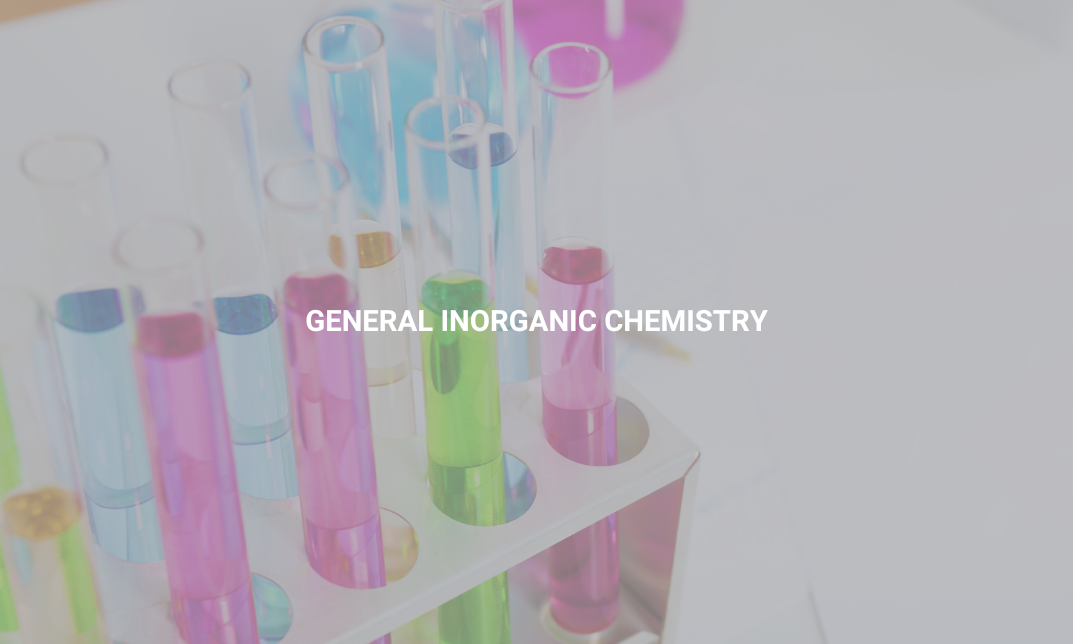
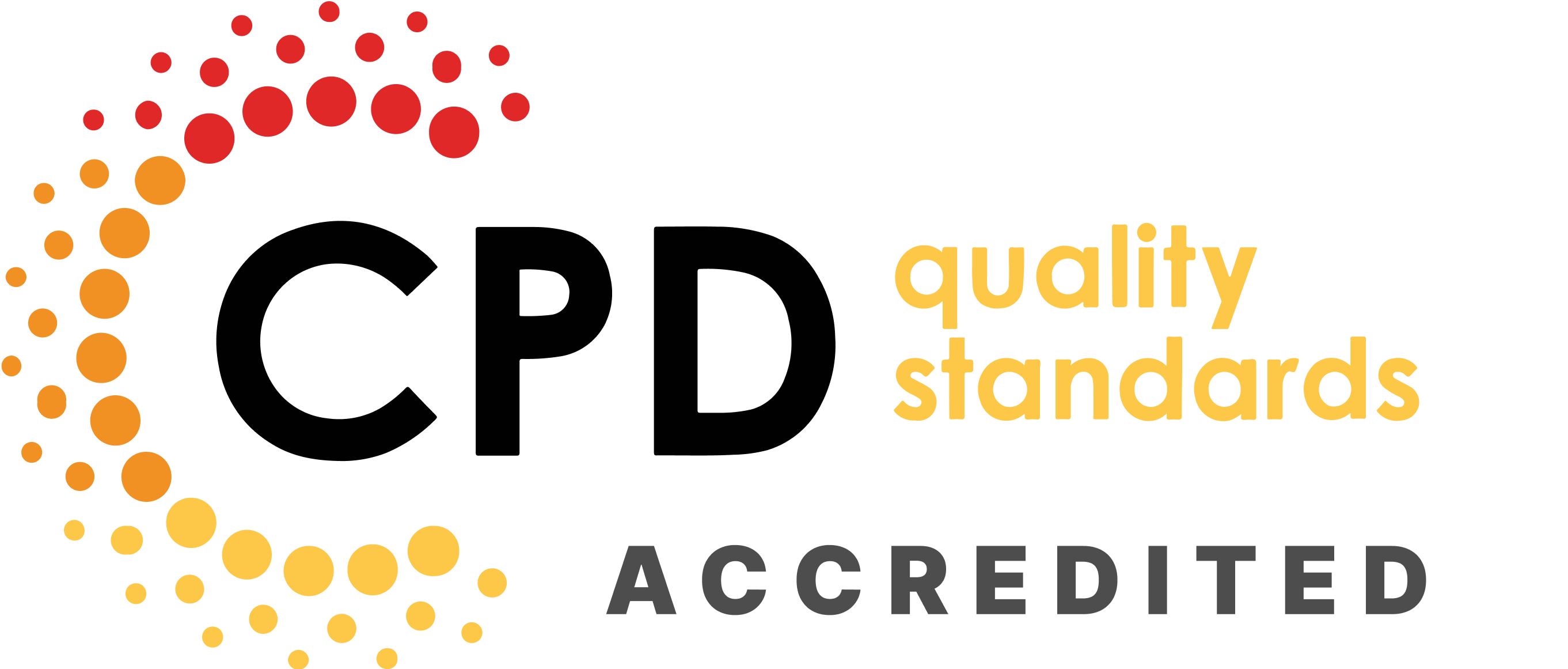










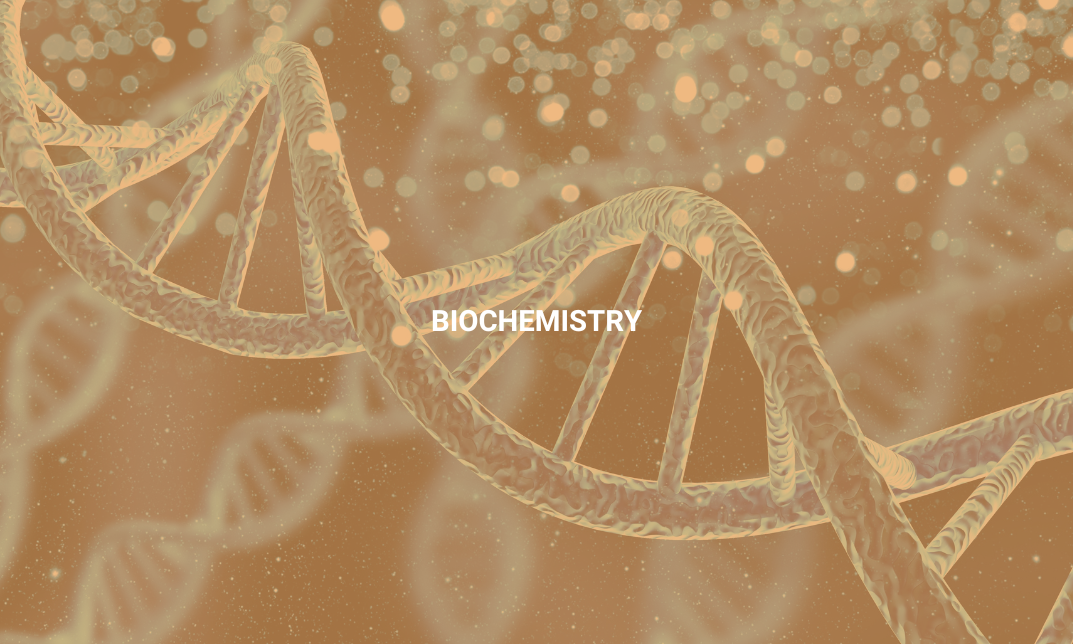


 Add to Cart
Add to Cart